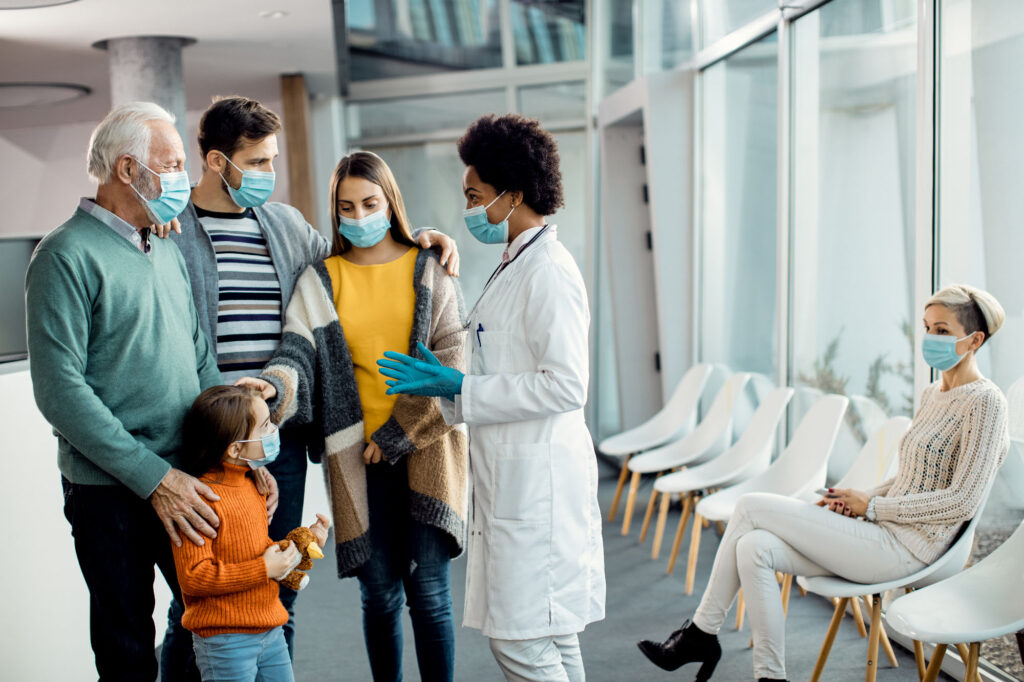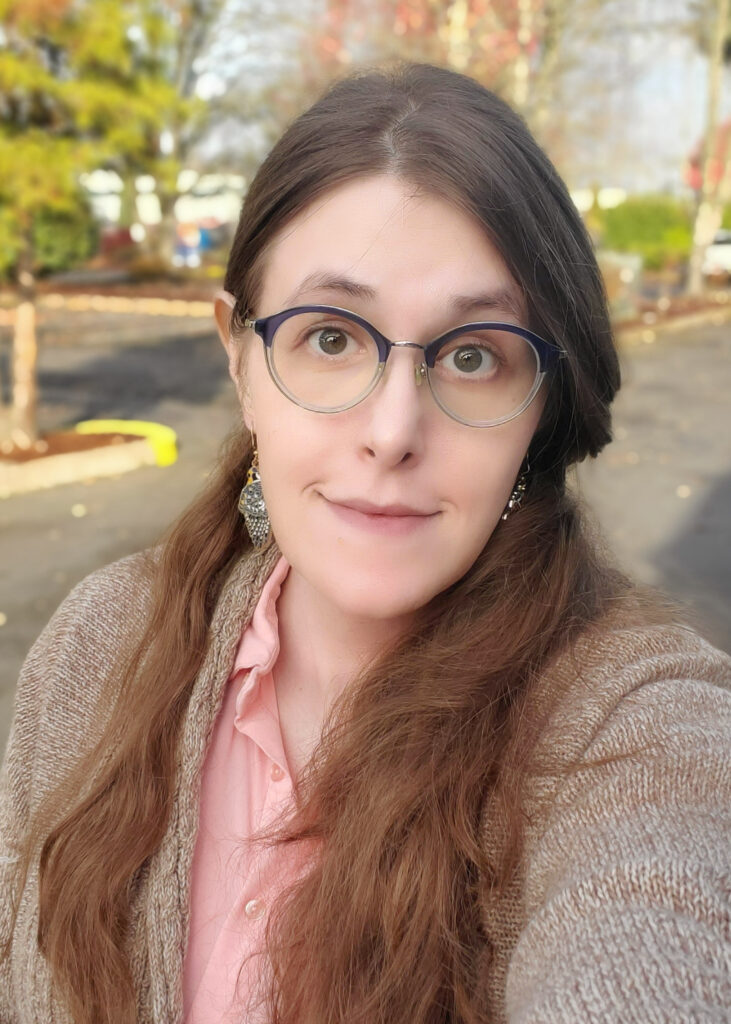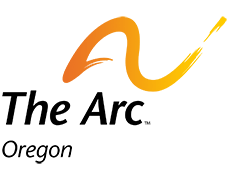Supported Decision-Making in the Doctor's Office
By Tara Collins
January 2024
Visiting the doctor can be challenging. Doctors are experts where most of us aren’t, and not all of them are good at explaining important information. When we visit, we may be in pain, anxious, or on drugs that affect how we think. Choices we make can affect our lives significantly. It shouldn’t be a surprise that half of us are scared to ask our doctors questions. Half of us have left appointments more confused than when we entered too.

Image by Drazen Zigic on Freepik
For bigger medical decisions, such as decisions about surgeries or illnesses that threaten our lives, we almost always ask for more help deciding what to do. At the end of high school, I started losing feeling and strength in my legs. Then, a large part of my back went completely numb. I couldn’t safely ride my bike to get around anymore because my foot would slip off the pedals and I’d lose control. I almost swerved into traffic one time before I stopped cycling altogether. After a long period of tests and anxiety waiting to find out what was wrong, I went to a neurosurgeon and got a diagnosis. He gave two options: I could have major surgery, or we could wait and see whether my symptoms got worse.
When I say it was a major surgery, I might be downplaying it. He’d cut into my back, cut into my spine, and remove parts of the bone to make more space for the nerves. He laid out the benefits and risks. It could completely stop the symptoms from getting worse and even make them better. This would be fantastic because it would mean I could safely ride my bike again. But it would mean a lot of pain, taking months off of school to recover, and the risk of serious complications, even dying at the age of 18.
I was genuinely scared in a way I’d never been before. I couldn’t focus on the real risks and benefits, so I turned to the people I trusted most: my parents and grandparents. First, my mom went with me to an appointment with the surgeon. She asked some questions I didn’t think of, like if we waited and my symptoms got worse, how likely it was that a future surgery would fix these symptoms. She also pressed the surgeon on some points that didn’t seem important to him but were important to me. I’d just been too nervous to bring them up—he was a neurosurgeon with decades of experience and part of me didn’t want to question him, but my mom didn’t have that hesitation.

I also sat down with my parents, and then my grandparents. My mom and dad helped me focus. They brought up some risks of waiting I hadn’t thought of. It was possible that, if my symptoms got worse, I’d be prone to tripping and could seriously hurt myself. My grandpa reminded me that the surgeon who would be operating on me had also operated on him—very successfully—and was one of the most respected neurosurgeons on the West Coast.
In the end, I decided to have the surgery as soon as we could get it scheduled. It was, like my surgeon told me, a long recovery. I had some complications he’d warned me of and needed a second surgery to correct them. I missed an entire semester of college and still have some chronic pain. But I don’t trip. My leg is no longer weak or numb. I can ride a bike safely again.
I still don’t know if it was the right decision. Maybe waiting would have been better; maybe it wouldn’t have gotten worse at all. But I do know it was the best decision. I made it knowing all the information I could get, with all the perspectives I could hear. I’m satisfied with it and I don’t look back and regret it. If I hadn’t asked my family for help—if I hadn’t used supported-decision making—I would have made the decision scared, intimidated by my doctor, and barely an adult. Having the people I trusted helping me and advocating for me, but ultimately making the decision myself let me have both self-determination and guidance.
My and my family’s experiences—which include many more than I’ve talked about—have convinced me that supported decision-making is for everyone. It could be a youth learning to make healthcare decisions on their own with the help of trusted adults. It could be someone with intellectual disability or dementia getting help to research their options. It someone asking their spouse for help thinking about whether to undergo a major procedure. Regardless of how it looks, supported decision-making helps us be empowered to make the best decisions for ourselves.

About the Author
Tara Collins began working at The Arc Oregon as the OTAC training coordinator and administrative assistant in 2022. Prior to joining her current team, she worked in a variety of fields, including education, publishing, and research. She is especially passionate about neurodiversity, queer activism, and community-building. She blames any typos in this article on her cat, Jumble, walking across the keyboard.
